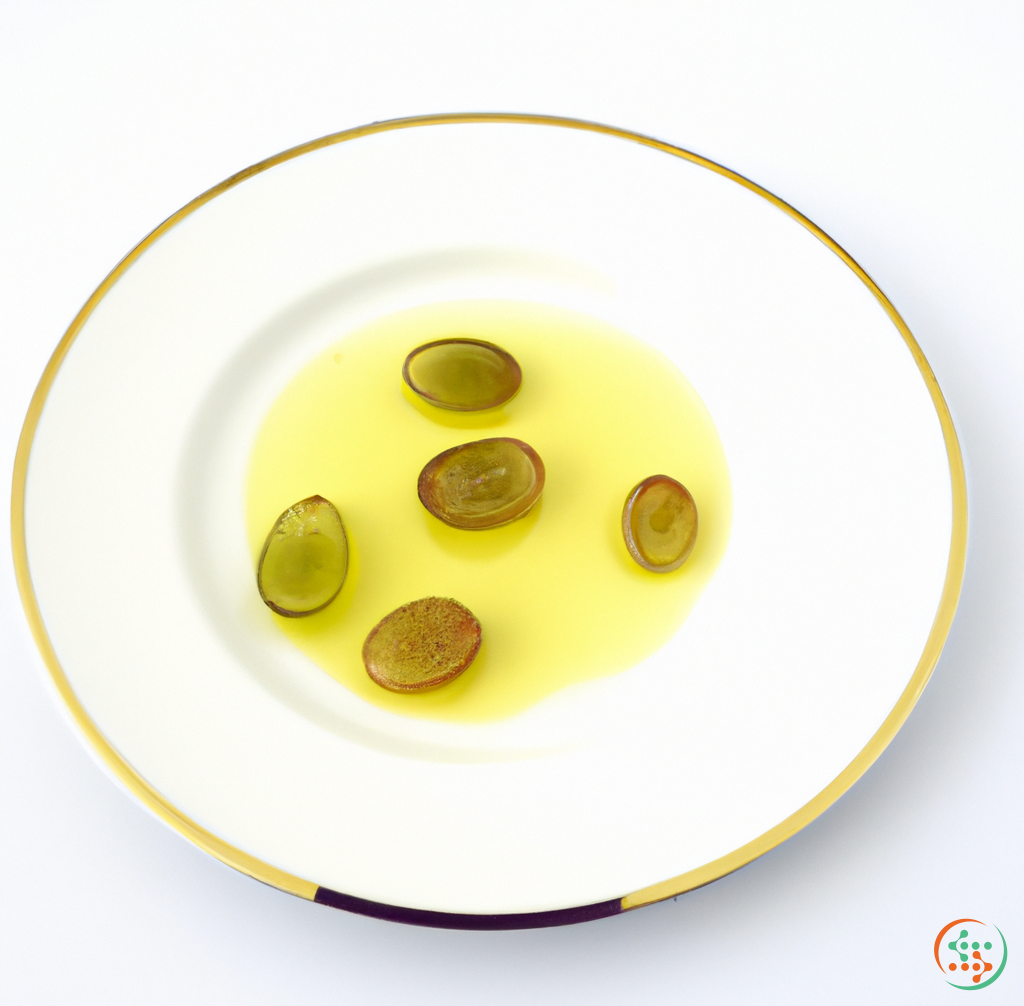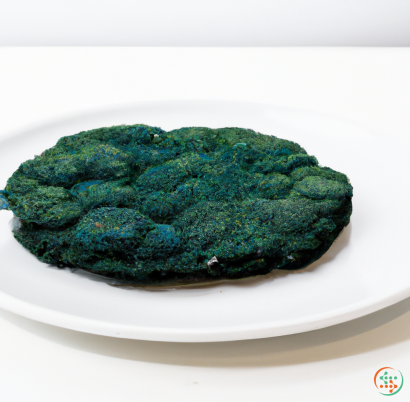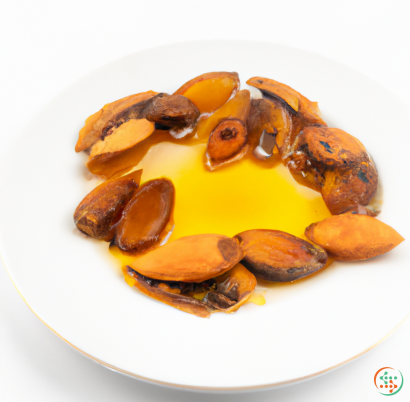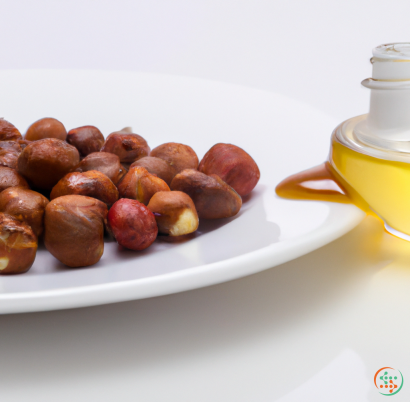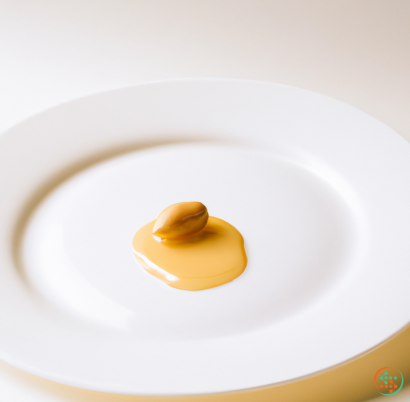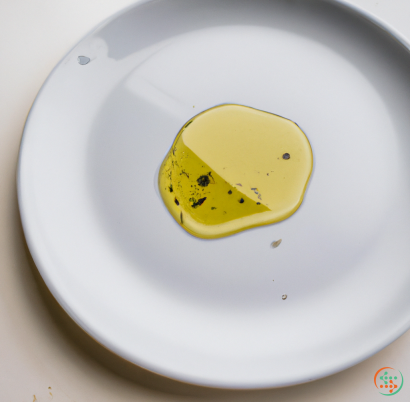Grape Seed Oil
Grape seed oil is a popular oil used in cooking and beauty products. Extracted from the seeds of grapes, it is a light, odorless, and tasteless oil with many beneficial effects. Rich in antioxidants, essential fatty acids, and linoleic acid, grape seed oil provides excellent emolliency and moisturizing properties.
Grape seed oil is generally extracted through a process called cold-pressing. This involves using pressing machines to extract the oil from the grape seeds without any heat, to preserve its nutritional value. The oil is then filtered and refined.
Grape seed oil has high levels of antioxidant activity, which helps fight off damaging free radicals. It also contains numerous beneficial fatty acids including linoleic acid, oleic acid, palmitic acid, stearic acid, and myristic acid. Linoleic acid is an essential fatty acid, meaning it is not made by the body and must be supplied by the diet. Oleic acid helps skin maintain its look and feel by keeping it soft and healthy. Palmitic acid, stearic acid, and myristic acid act as moisturizing agents and help to nourish the skin.
Grape seed oil also has anti-inflammatory properties and can be beneficial for those suffering from skin conditions such as eczema, psoriasis, and acne. Its moisturizing and emollient properties also make it an excellent choice for use in cosmetics, as it can help protect and hydrate the skin. In addition, it is an effective pain reliever when applied topically and can be used to reduce swelling and inflammation associated with muscle and joint pain.
When used in cooking, grape seed oil has a neutral flavor and a high smoke point. This makes it suitable for high-heat cooking such as stir-frys and deep-frying. It is also a rich source of polyunsaturated fats, which are important for cardiac health.
A few precautions should be taken when using grape seed oil. Some people may experience skin irritation if they are allergic to grapes or to grapeseed. Be sure to test on a small area of skin and discontinue if any unusual reaction occurs. Additionally, some people may find that grape seed oil gives them a headache, so it’s best to avoid it if you suffer from migraines.
In conclusion, grape seed oil is an all-natural oil with numerous health and beauty benefits. It is rich in antioxidants, essential fatty acids, and linoleic acid and can be used topically to moisturize, protect, and soothe the skin. It also has anti-inflammatory properties, making it a great choice for those suffering from chronic skin conditions. Furthermore, its high smoke point makes it suitable for high-heat cooking. As with all oils, it is important to be mindful of potential allergies and test a small area of skin prior to use.
What is Grape Seed Oil?
Grape seed oil is a health-promoting edible oil derived from the seeds of different variety of grapes. It is an easy to use oil with a light and mild flavor that makes it perfect for salads, dips, and dressings. Grape seed oil is also a popular ingredient in cosmetics, beauty products, cooking oils, and skincare products due to its high content of antioxidants, essential fatty acids, and other beneficial components.
From Farm to Table: Exploring the Journey of Grape Seed Oil
Grape seed oil is produced and harvested from the seeds of different varieties of grapes, using specific extraction methods. Grapes are grown widely around the world and play an important role in the lives of many cultures, through their use as a culinary ingredient and source of beverages, like wine. On the farm, grapes are harvested in the summer months and can be processed into a range of products, one being grape seed oil.
The production of grape seed oil begins with the collection of seeds from harvested grapes. The seeds are carefully separated from the flesh of the grapes, then cleaned and dried. The dried seeds are then cold-pressed to release the oil, which is collected in a crude form. The crude oil is then refined to remove impurities and create a pure and clear version of the oil. This can involve a variety of steps depending on the type of product that is desired, including filtering, deodorizing, and bleaching. The resulting oil is then bottled and ready for sale.
The production of grape seed oil is carried out carefully and sustainably. Most production facilities are designed with sustainability in mind and care is taken to ensure that all the by-products are disposed of in an environmentally friendly manner. The oil production process also excludes the use of artificial flavors, colors, and preservatives. This ensures that all the products produced are of a high quality, free of contaminants, and safe for consumption.
Once the oil is bottled and ready for sale, it makes its way to the dinner table. Grape seed oil is a popular choice amongst chefs, health-conscious individuals, and food manufacturers because of its versatility and health benefits. It is also a tasty and nutritious alternative to traditional cooking oils. The oil is often used in salad dressings, pastas, and other recipes for a light and subtle flavor. It can be used for baking and sautéing too, as it has a higher smoke point than other oils, making it suitable for high-heat cooking. It is also a healthier choice than other oils as its smoke point is lower than other oils and fats, which helps to preserve the nutrients and flavor of the food.
In addition to its use in cooking, grape seed oil has many health benefits. It is a rich source of vitamins, minerals, and beneficial plant compounds, including antioxidants, linoleic acid, and oleic acid. Studies have shown that consuming grape seed oil can help support heart health, protect against free radical damage, and reduce inflammation. It also has anti-aging effects due to its antioxidant content, making it a popular skincare ingredient too.
Conclusion
Grape seed oil is a versatile and nutrient-rich oil with many health benefits. It is carefully harvested and produced in an eco-friendly manner before making its way to the dinner table. Whether used in cooking, beauty products, or skincare, grape seed oil is an excellent addition to any cuisine or lifestyle.
| Vitamin E | 0.0288 grams |
| Total Sugars | 0 ug |
per 100g
|
| Myristic acid (14:0) | 0.1 grams |
|
| Palmitic acid (16:0) | 6.7 grams |
|
| Stearic acid (18:0) | 2.7 grams |
|
| Total Saturated fatty acids: | 9.5 g | |
| Oleic acid (18:1) | 15.8 grams |
|
| Palmitoleic acid (16:1) | 0.3 grams |
|
| Total Monounsaturated fatty acids: | 16.1 g | |
| Linolenic acid (18:3) | 0.1 grams |
|
| Linoleic acid (18:2) | 69.6 grams |
|
| Total Polyunsaturated fatty acids: | 69.7 g | |
| Phytosterols | 0.18 grams |
|
| Total Sterols: | 0.18 g | |
